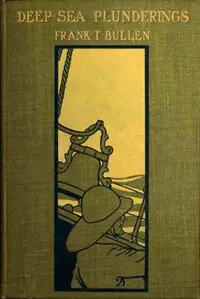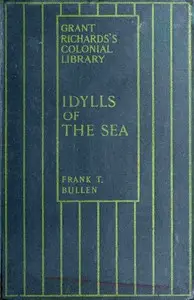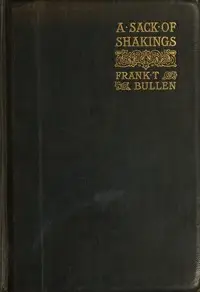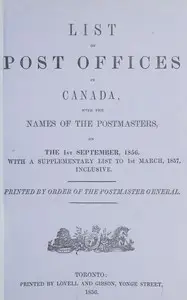"The Cruise of the 'Cachalot' Round the World After Sperm Whales" by Frank T. Bullen is a narrative account of whaling adventures written in the late 19th century. The book offers a unique insight into the life of a sailor aboard a whaling ship, focusing on the author's experiences and the challenges faced in the South Sea whaling industry, particularly the pursuit of sperm whales. With vivid detail and a personal touch, Bullen aims to capture the often harsh realities of whaling, along with his reflections on shipmates and the perilous occupations they undertake. At the start of the narrative, the protagonist reflects on his journey from the streets of New Bedford to the whaling vessel Cachalot, where he becomes part of a diverse and rough crew. The opening chapters describe the recruitment process, detailing the motley group of men eager to set sail despite their ignorance of the whaling trade. Bullen conveys the chaotic and labor-intensive atmosphere aboard the Cachalot, highlighting the brutal treatment meted out by the officers and the challenges faced by the inexperienced sailors, or "greenies." This introduction sets the stage for Bullen's deep dive into life at sea, his developing camaraderie with his shipmates, and the dangerous work of hunting whales, promising a captivating exploration of a largely unfamiliar world. (This is an automatically generated summary.)

The Cruise of the "Cachalot" Round the World After Sperm Whales
By Frank Thomas Bullen
"The Cruise of the 'Cachalot' Round the World After Sperm Whales" by Frank T. Bullen is a narrative account of whaling adventures written in the late ...
Frank Thomas Bullen, British novelist, was born of poor parents in Paddington, London, on 5 April 1857, and was educated for a few years at a dame school and Westbourne school, Paddington. At the age of 9, his aunt, who was his guardian, died. He then left school and took up work as an errand boy. In 1869 he went to sea and travelled to all parts of the world in various capacities including that of second mate of the Harbinger and chief mate of the Day Dawn, under Capt. John R. H. Ward jun in 1879 when she was dismasted and disabled. Having spent 15 years of his life at sea, since the tender age of 12, he would later describe the hardships of his early life thus: I have been beaten by a negro lad as big again as myself, and only a Frenchman interfered on my behalf. Those were the days when boys in Geordie colliers or East Coast fishing smacks were often beaten to insanity and jumped overboard, or were done to death in truly savage fashion, and all that was necessary to account for their non returning was a line in the log to the effect that they had been washed or had fallen overboard. A parallel may be drawn with Joseph Conrad's career at sea aboard Torrens 1891–1893. He was a clerk in the Meteorological Office from 1883 to 1889. His reputation was made over the publication of The Cruise of the "Cachalot" (1898); and he also wrote, amongst other books, Idylls of the Sea (1899); Sea Wrack (1903); The Call of the Deep (1907) and A Compleat Sea Cook (1912), besides many articles and essays. He lectured extensively and was highly critical of Australasia's lack of defences against what he saw as imminent naval threats from Germany and Japan. He died at Madeira on 1 March 1915.


















